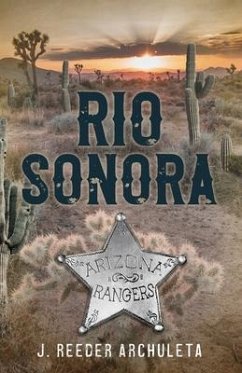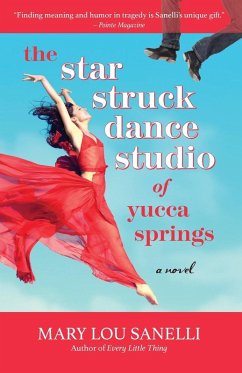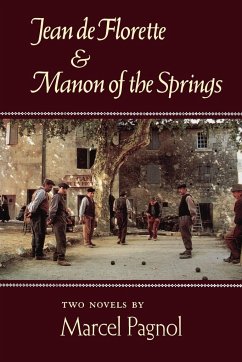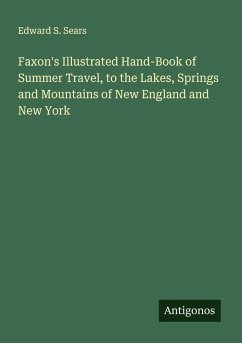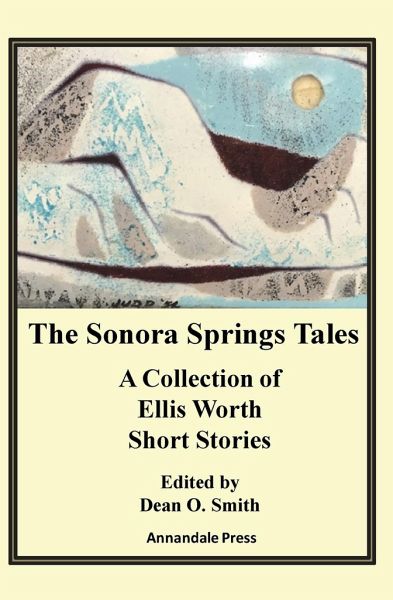
The Sonora Springs Tales
A Collection of Ellis Worth Short Stories
Herausgeber: Smith, Dean O.
Versandkostenfrei!
Versandfertig in 1-2 Wochen
17,99 €
inkl. MwSt.

PAYBACK Punkte
9 °P sammeln!
Ellis Worth wrote this selection of stories between 1955 and 1972. Accordingly, they refer to people, events, and objects in the vernacular of that era: President Dwight D. Eisenhower, Soviet Union Premier Nikita Khrushchev, costly operator-assisted long-distance telephone calls, Hudson automobiles, and so forth. In that regard, they provide a sometimes nostalgic glimpse of the history of those times. During this period, Worth lived in Colorado, first Denver and then Colorado Springs. Many of the stories refer one way or another to Sonora Springs, a mythical city that presumably was his hometo...
Ellis Worth wrote this selection of stories between 1955 and 1972. Accordingly, they refer to people, events, and objects in the vernacular of that era: President Dwight D. Eisenhower, Soviet Union Premier Nikita Khrushchev, costly operator-assisted long-distance telephone calls, Hudson automobiles, and so forth. In that regard, they provide a sometimes nostalgic glimpse of the history of those times. During this period, Worth lived in Colorado, first Denver and then Colorado Springs. Many of the stories refer one way or another to Sonora Springs, a mythical city that presumably was his hometown in Colorado: hence the title of this anthology. They express a sense of place, his fondness of the Rocky-Mountain geography and culture. Characteristically, most of his stories are quite short. Indeed, they belong to the "short-short-story" genre. In his diary, Worth commented on their brevity. "Thinking about my stories, I realized two distinguishing characteristics. From the beginning, I have known they were extraordinarily brief, compact, condensed. Am I writing sketches instead of stories? It may be so. However, I often feel that many authors of longer stories have put so little into their soup that the soup though copious is tasteless and weak. I try to give a concentrated, nourishing, meaty story." Also, most stories are rife with symbolism, inviting readers to stretch their imagination answering questions such as: What was the meaning of that? What comes next? Thus, the Worth stories often linger consciously or subconsciously beyond their brevity as readers process their meaning, often with a smile. All of this is not to say that the stories are abstruse or heavy reading. To the contrary, many of them are satirical, light-hearted fables sometimes featuring squirrels or crows while others are amusing narratives about boss and employee, man and woman, love and sex-maybe. Altogether, these stories lend themselves to reading during a brief pause in the day or before bedtime at night.





